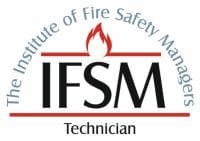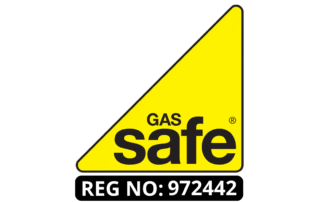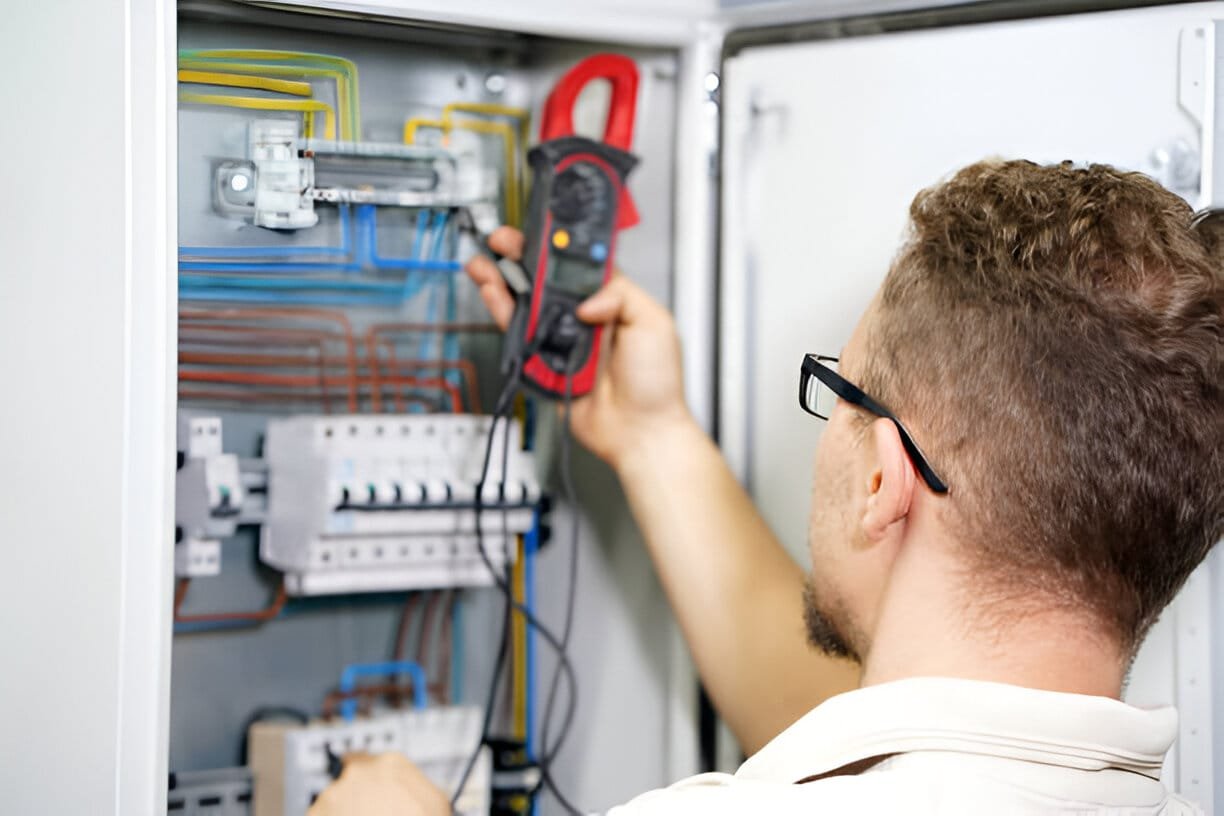
In recent years, the topic of electrical safety in homes and businesses has become a fundamental part of property management, particularly in cities like London. One of the terms that often comes up in conversations surrounding electrical safety is EICR London. For those unfamiliar, EICR stands for Electrical Installation Condition Report, the fundamental document designed to ensure that the electrical installations within a property are safe and compliant with current regulations. But is EICR London the key to ensuring electrical safety in the UK’s capital, or is it just another regulatory hurdle for property owners to navigate?
As London’s property market continues to grow, so does the need for safer living environments, particularly in terms of electrical installations. In this article, we will delve deep into the role of EICR London, exploring its purpose, benefits, and how it fits into the broader context of property safety and regulation.
What is EICR? Understanding the Basics
An EICR London refers to an inspection of the electrical systems in a property to ensure that they are safe to use. The report is produced by a qualified electrician after thoroughly inspecting the electrical wiring, sockets, fuse boxes, and other components of the system. This inspection checks for faults or risks that could lead to electric shocks, fires, or other dangerous situations.
In London, the importance of EICR London cannot be overstated. The city is home to a vast array of properties, ranging from ancient buildings to newly constructed developments. Ensuring that these properties meet current electrical safety standards is essential for protecting both residents and the property itself.
Is EICR London Legally Required?
One of the key questions surrounding EICR London is whether it is a legal requirement for property owners. The short answer is yes, under certain circumstances. In the UK, the Electrical Safety Standards in the Private Rented Sector (England) Regulations 2020 mandate that landlords must have an EICR carried out on their properties at least once every five years. This applies to all new tenancies and existing tenancies from July 2020 onwards.
Landlords are required to provide a copy of the EICR London report to their tenants and must take action to repair any faults highlighted in the report. Failure to comply with these regulations can result in heavy fines and, in some cases, a ban on renting out the property.
For homeowners who are not renting out their properties, an EICR London is not mandatory, but it is highly recommended for safety reasons. It’s an innovative measure that can help discover issues before they become dangerous or costly.
How Does EICR London Benefit Property Owners?
The importance of an EICR London goes beyond legal compliance. It offers numerous benefits for property owners, whether they are landlords, homeowners, or business owners. Here are some key advantages:
- Safety First: The primary benefit of an EICR is the assurance that the property’s electrical system is safe. By recognising faults, faulty wiring, or outdated systems, property owners can prevent serious accidents such as electrical fires or electrocution.
- Avoiding Expensive Repairs: Catching problems early through an EICR London inspection can save property owners from costly emergency repairs. If issues are detected and fixed early, it prevents larger, more expensive problems from developing over time.
- Increasing Property Value: Properties with a recent EICR are considered more attractive to potential buyers and tenants. A valid electrical safety report can give buyers and renters peace of mind, knowing that the property is safe and up to date with electrical standards.
- Insurance Compliance: Some insurance policies require an up-to-date EICR London before providing coverage or claims. If you’re looking to secure an insurance policy for your property, having a valid report in place could be a crucial factor.
- Peace of Mind: For property owners and tenants alike, knowing that the property’s electrical system is safe provides peace of mind. This can be particularly important in homes with young children or elderly residents who may be more vulnerable to electrical hazards.
How Often Should You Get an EICR in London?
The frequency of EICR inspections depends on several factors, including whether the property is a rented property or a privately owned one. For landlords in London, the law mandates that an EICR must be carried out every five years or upon the change of a tenant. Additionally, if significant electrical work is done in the property, it may be required to have an EICR to ensure that the work has been completed to a high standard.
For homeowners, the general recommendation is to have an EICR inspection every 10 years. However, if your property is older or you suspect that there are issues with the electrical system, you may want to have an inspection more frequently.
For commercial properties, the regulations are slightly different. Businesses must also comply with electrical safety standards and may be required to carry out regular EICR inspections to meet health and safety regulations.
What Does an EICR Inspection Include?
A thorough EICR inspection involves several key steps, all aimed at ensuring the property’s electrical installations are safe and compliant with regulations. These steps typically include:
- Visual Inspection: The inspector will begin by visually checking the electrical components of the property, including the wiring, fuse box, outlets, and any visible damage to the electrical system.
- Testing: The electrician will then carry out various tests to check the functionality of the electrical systems. This includes testing the earth bonding, socket circuits, lighting circuits, and wiring continuity.
- Assessment of the System’s Condition: Based on the results of the visual inspection and testing, the electrician will assess the overall condition of the electrical system. If the system is deemed unsafe or out of compliance, the inspector will recommend corrective actions.
- Report Generation: After completing the inspection, the electrician will generate the EICR report, which outlines any issues or concerns found during the inspection. This report will categorise faults according to their severity, from minor issues that require attention to major faults that need urgent repair.
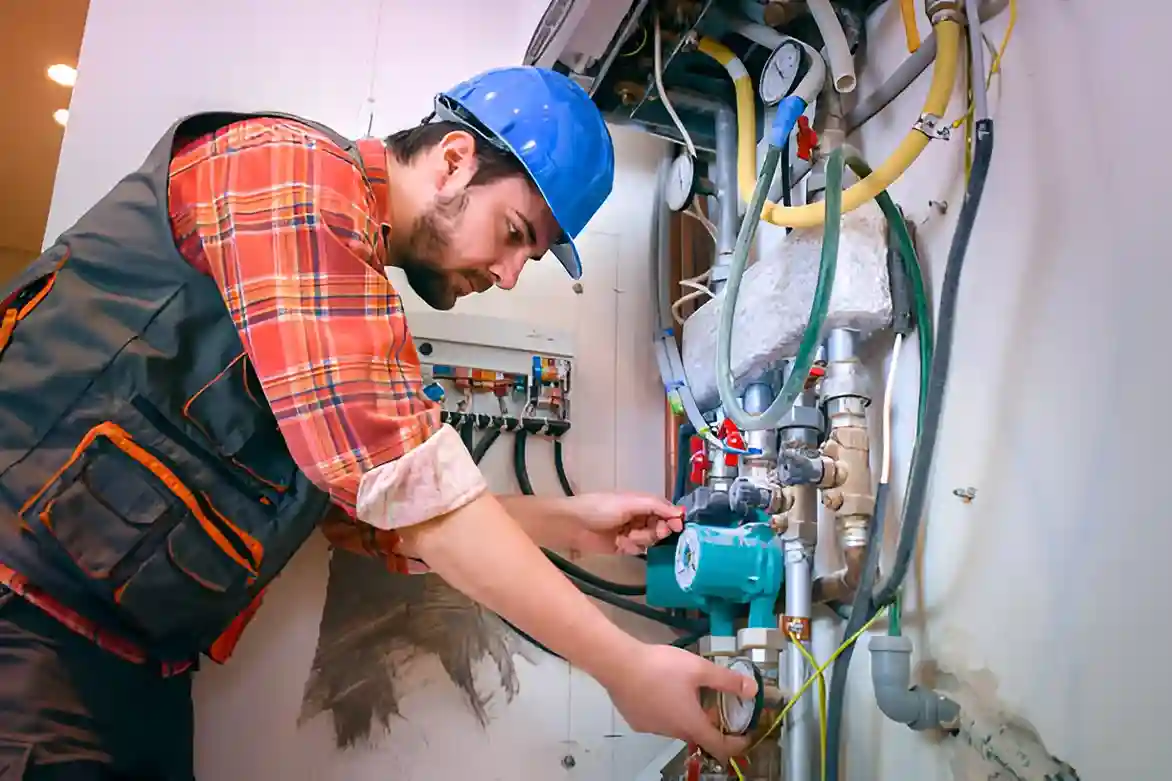
Is EICR London a One-Time Process?
While it is recommended to get an EICR at regular intervals, the inspection itself is a one-time process for each period. However, if significant faults are identified during the inspection, the property owner will be required to address them promptly. Once repairs are completed, a follow-up inspection may be necessary to ensure that the work has been carried out correctly and that the property remains compliant with safety standards.
Choosing the Right Electrician for an EICR in London
When looking for an electrician to carry out an EICR in London, it’s essential to ensure that they are qualified and accredited. Only certified electricians are legally allowed to perform electrical safety inspections and generate official reports.
In London, many electricians are registered with organisations such as the National Inspection Council for Electrical Installation Contracting (NICEIC) or the Electrical Contractors Association (ECA). These organisations ensure that electricians meet the required standards and are up-to-date with the latest regulations.
It’s also a good idea to check reviews and ask for recommendations from other property owners to ensure that the electrician you choose is reliable and experienced in conducting EICR London inspections.
Cost of EICR London
The cost of an EICR can vary depending on the size and complexity of the property, as well as the electrician’s fees. On average, for a standard one or two-bedroom property, the cost could range from £100 to £250. For larger properties or commercial spaces, the cost may be higher.
While this may seem like an additional expense, the long-term benefits of electrical safety and compliance with regulations far outweigh the cost. It’s a small price to pay for ensuring that your property is safe, secure, and compliant with the law.
Is EICR London Necessary for All Properties?
While EICR is mandatory for landlords, private homeowners may question whether it is necessary to carry out such an inspection if they are not renting out the property. While it’s not legally required, having an EICR can give homeowners peace of mind, especially if their home is older or if they have not updated the electrical system in many years. In such cases, the benefits of having an inspection far outweigh the costs of not doing one.
What Are the Consequences of Not Having an EICR London?
For landlords in London, not having an EICR inspection can lead to serious consequences. Not only are there fines for non-compliance with electrical safety regulations, but a lack of an EICR London could also make it difficult to rent out a property. In the worst-case scenario, landlords could face legal action if their property is found to be unsafe, and this could result in a permanent ban on renting the property.
For homeowners, the consequences are less severe but still significant. A property with outdated or faulty electrical systems can be dangerous, potentially putting the lives of those living in it at risk. Furthermore, in the case of a fire or electrical accident, the homeowner may struggle to receive compensation from insurance companies if they don’t have an up-to-date EICR London.
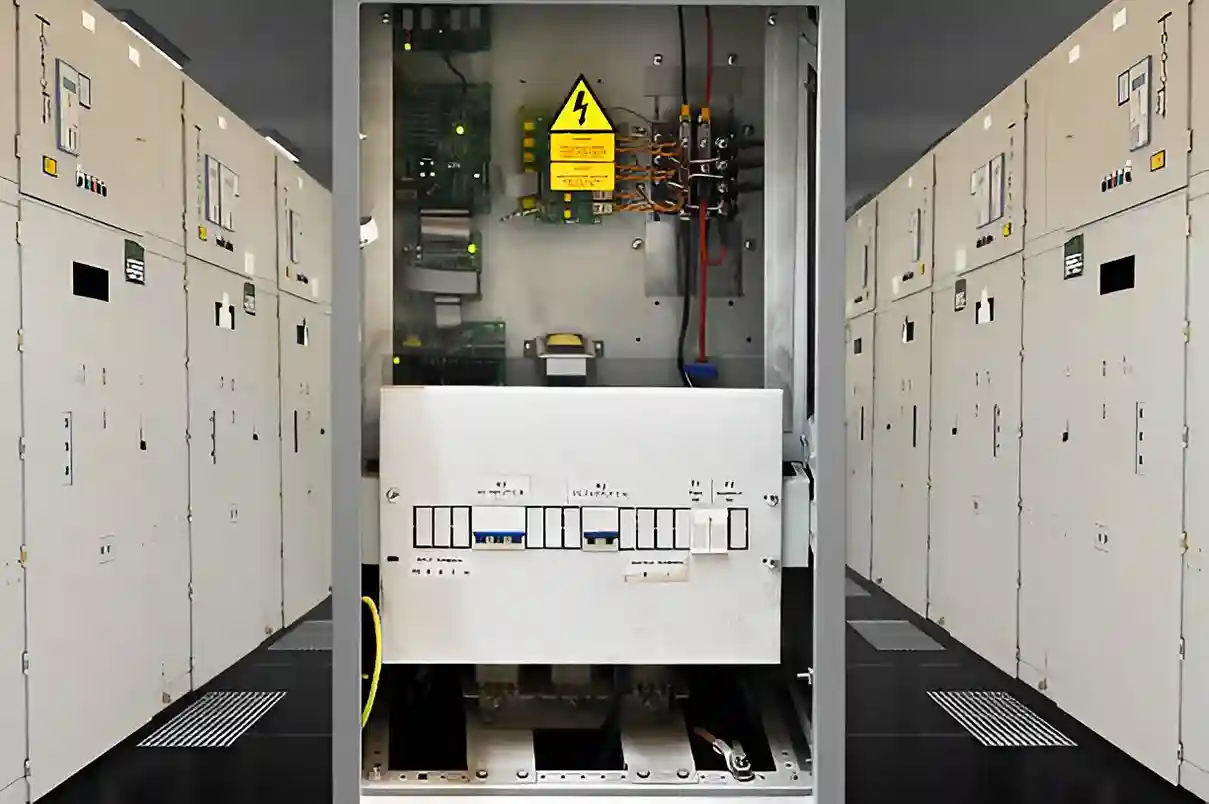
Is EICR London Suitable for Businesses?
Businesses in London, whether they are small startups or large corporations, also have a vested interest in ensuring that their premises are electrically safe. An EICR London can help ensure that the workplace is compliant with the relevant electrical safety regulations and that employees are protected from electrical hazards.
Businesses that operate in certain industries, such as hospitality or manufacturing, may have more stringent requirements for electrical safety. In these cases, an EICR London inspection is crucial for minimising downtime, ensuring employee safety, and maintaining smooth operations.
Frequently asked questions.
Conclusion
The answer to the question, “Is EICR London essential for electrical safety, is a resounding yes. Whether you are a landlord, homeowner, or business owner, an EICR provides invaluable insights into the condition of your electrical installations and ensures that they are compliant with safety standards.
For landlords in particular, EICR inspections are not just a regulatory requirement but also a means to safeguard the health and safety of tenants. With London’s diverse and ageing housing stock, these inspections are critical to prevent electrical risks and costly repairs down the line.
By ensuring that the property’s electrical systems are in top condition, EICR inspections are helping make London safer for everyone. Whether or not it’s legally required, scheduling an EICR inspection regularly is one of the smartest moves a property owner can make to ensure long-term safety, compliance, and peace of mind.
As electrical safety continues to be a priority in both private and commercial properties, EICR plays an integral role in ensuring that the capital’s buildings remain safe, modern, and compliant with the latest safety standards.
